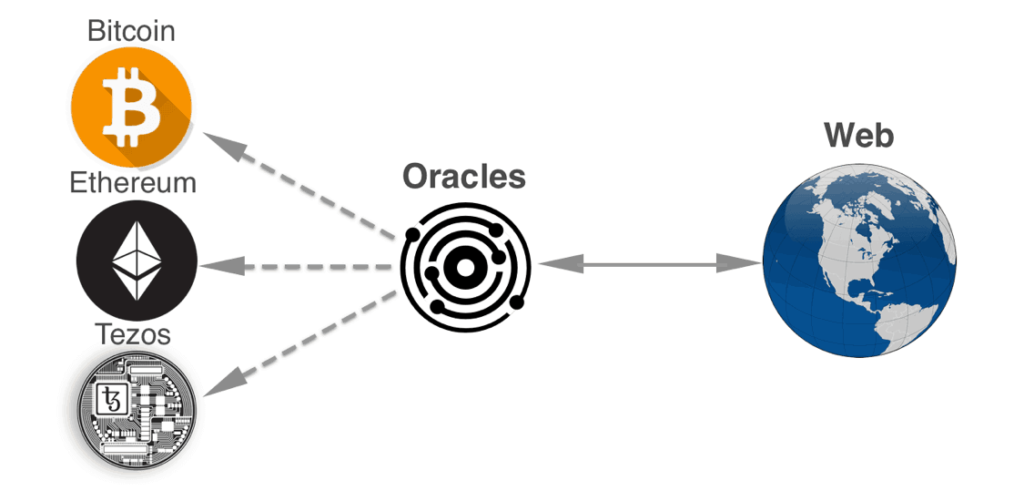
Blockchain oracles is a third-party state and they provide smart contracts to access the blockchain data via using some outer information. They are like an intermediate between the outer world and blockchain technology. But off-chain data is not possible for them to access due to their reach of the network being poor. Whereas it is very good to have some concerning information from outside networks to complete the agreement and hence oracle blockchain plays a link role for them. Oracle takes care of the security and reliability of the data on the blockchain. Thus, it is the best solution for smart contracts to receive real-world data. Use this Auto-trading app as a secure and trustworthy trading and investment platform.
Now let’s have a look at the consequences incurred by smart contracts and how oracle helps to overcome these limitations.
Limitations occurred in mart Contract
As thenetworks of Defi and DAOs are powered by smart contracts. access the web3 ecosystem and some esports. During the time of the transaction, smart contracts enable automatic security systems at both ends. Moreover, the factors like security, stability and accessibility are provided by smart contracts due to them being possible to run on blockchains.
Crypto Oracle Chainlink
As smart contracts are possible to operate through blockchains hence they are fully deterministic. To check the validity of the nodes at both ends, their results must be the same every time. Therefore, smart contracts do not believe in off-chain data due to their non-authenticity and nonreliability assurance over time.
For instance: let’s assume that a smart contract is possibly trading on the real-time price tag. And if it catches the price from any third-party entity or server, then there would not be a full guarantee about the availability of the server and whether it will provide error-free results. Hence it would not be possible for the other nodes to cross-check the transactions that occurred by the smart contracts.
Working on Crypto Oracle
Oracle helps to overcome the consequences occurred by smart contracts through n-chain ff-chain data operations. The odd chain servers first identify the new blocks and then wait for the request from the smart contracts. Hence after receiving the signal like a data request and finally pass the data on the chain.
Using Chain Link
In July 2022, Chainlink, the best-known oracle was able to secure almost $40 billion in secured value. Moreover, the decentralized platforms easily build hybrid smart contracts that bring in internal market data like weather, eSports, API, and many more. Hence it becomes possible for the developers to create the application without further limitations.
A parent contract is known as a Chain Link client. The parent contract of Chain Link was named “ChainlinkClient”. It makes it possible to use data from the oracle database. Link Tokens were the priority of the client who requests the well-known Chain Link. And hence it would be possible to access the oracle data, its price and weather data, etc. Moreover, the API platform is a must to access this data.
Types of Oracles
Oracle consists of many types of process off-chain data to accomplish various tasks. For example, a payment, if applicable via smart contracts, will send a request to the bank to process the payment whereas the trades which were accessed by smart trades will receive the asset price on a real-time basis. The five most popular types of oracles are:
- Input Oracles: Input Oracle simply fetches the data off-chain smart contract and passes it to the on-Chian smart contract.
- Output Oracles: output oracles make it possible for smart contracts to deliver data to an ff-chain system to take further action.
- Based on Cross-Chain criteria this type of oracle enables read-and-write protocol between the various blockchains. A common use case is to bridge the asset between different blockchains.
- Oracle based on Computing Oracles: to take care of security measures of off-chain data, compute enable oracle is to be used. For example, smart contracts were used to cross-check a random number which would be used in computing oracles.